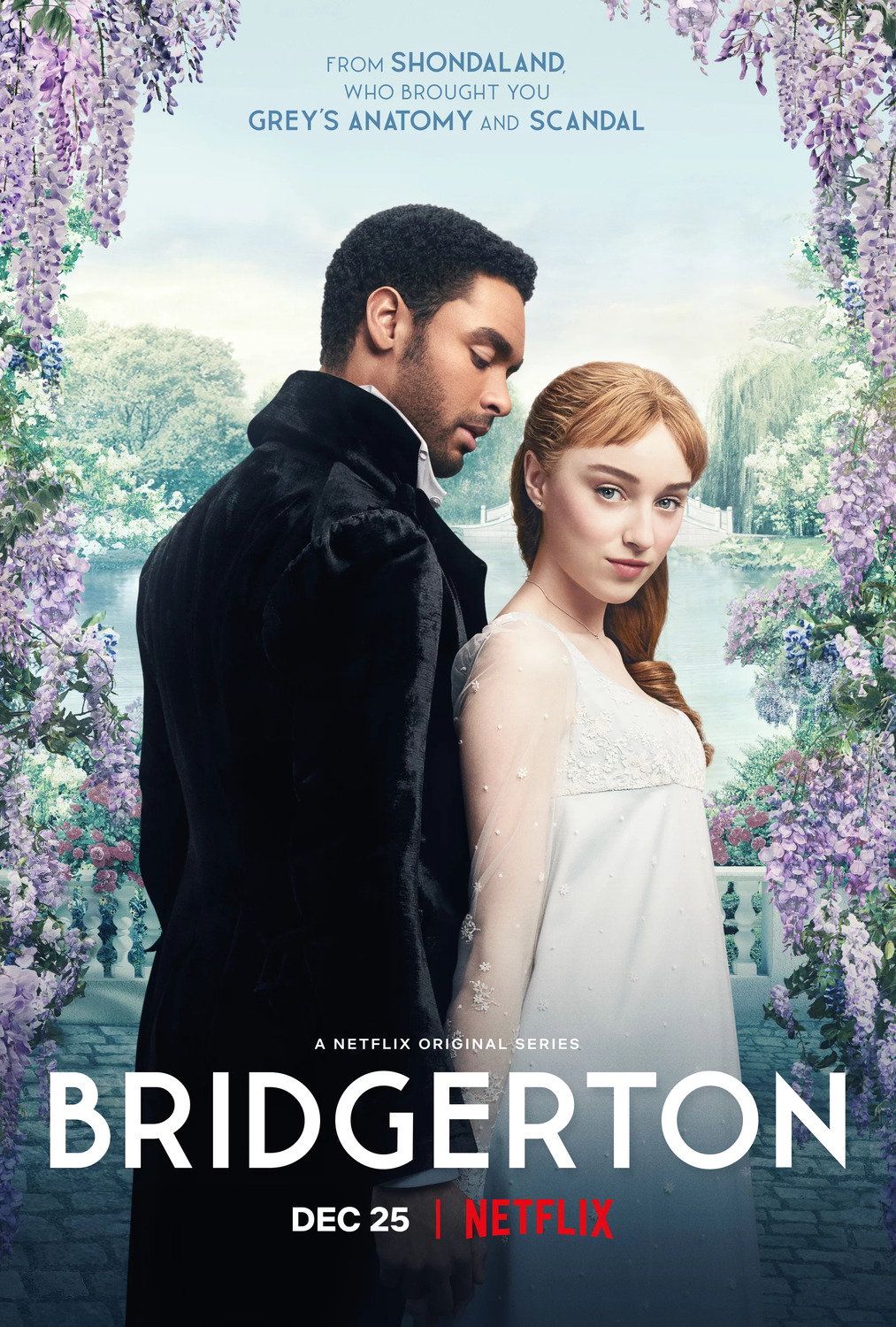Bridgerton: I mean WTF?
Up front, I'll say this: I write romance novels, so I get romance novels. And I have been a Shondaland fan for as long as there has been a Shondaland. Also, I like the vaguely subversive way they've made a version of Regency England where there are POC roaming around in positions of power.
(I won't comment on that one scene where they try to make it historically accurate, because I have bigger fish to fry right now)
The thing is: the story is an absolute muddled mess and it made me increasingly angry the further into the series we got. The aloof bad boy nobleman who hates love? Yes, perfect, go. The naïve but not-naïve debutante who skillfully devices a ploy to keep her out of a bad match-up? Excellent, more please. The fact that they're bound to fall in love and have a happily-ever-after? Perfect. Yes. Do it.
But then we run into this truly WTF element of Daphne not understanding where babies come from — which, sure, is a thing that happens and could be a legitimate issue for someone in her position. But the series somehow decides to use that as a pretext for throwing a curveball into the happily-ever-after in a weird kind of late-stage twist. Oh no! She doesn't love Simon after all because he... is... not interested in having kids, which is exactly what he said to her from the start.
So OK she's upset because she finally understands that he WON'T have kids as opposed to not BEING ABLE to, but then they continually end up in scenes together where neither one says anything about the issue at hand, which could have been either a) amplified to the level where drama might actually legitimately ensue; or b) resolve their differences and shave 2 episodes off the season.
See, this is my problem: lots of good stories are anchored around the idea that two people don't say what needs to be said (for one reason or another) and so things get more complicated for everyone involved. It's like 99% of Shakespeare and everyone before and since. The thing is the pattern is supposed to go like: both sides refuse to communicate, but then one side slips up and admits the truth, and the other side gets furious with them and now you've gone from cold war to hot war, and you have lots of story twists available to you.
But what happens in Bridgerton is that neither one of those two fools says anything to one another, and when they do, they each react in ways that positively reek of someone trying to force the plot in a direction it doesn't want to go. Simon won't have kids and Daphne is upset about it? Great, have her poke that bear and then Simon can go nuclear on her and threaten to abandon her — and while working through that drama, we can finally resolve his longstanding daddy issues, and they can return to their HEA.
All of which is to say: you can get way with a lot in a melodrama — especially in a period romance — but that doesn't mean you should push your luck. When there's a way out of your plot pickle that seems overdone, the solution is to spice up the conventional — not to run smack into a wall and call it genius.
After the Queen's Gambit, I was starting to enjoy my "predictable but sharply done" Netflix fare. Bridgerton reminded me that not all good ideas just naturally turn into good series. Even the best of the best can faceplant at the finish line.
